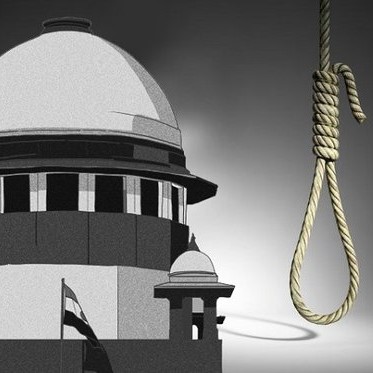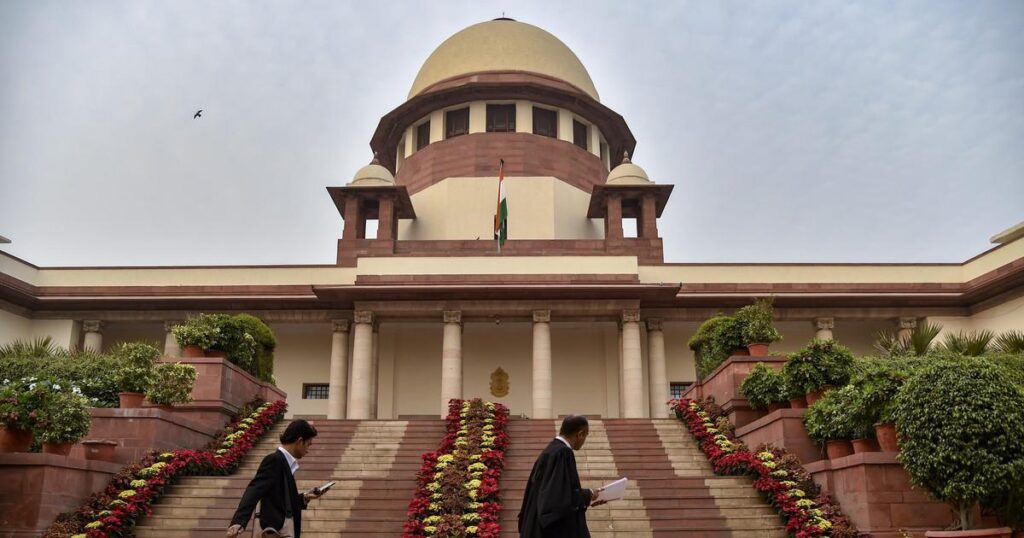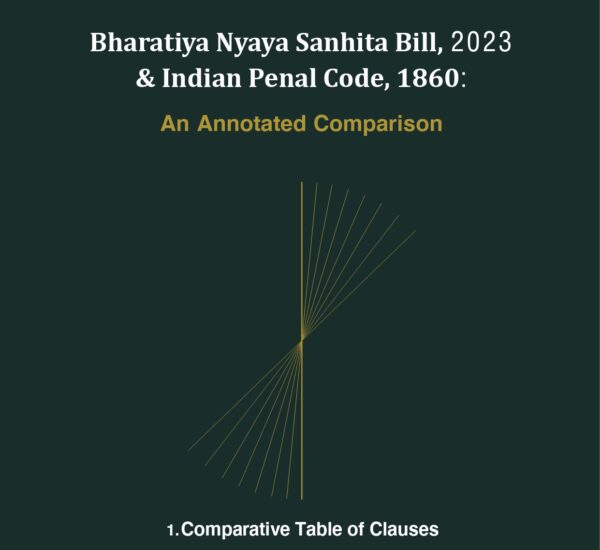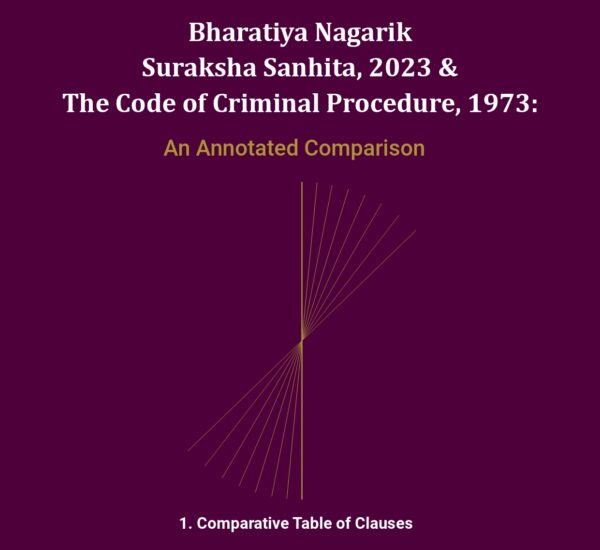
Deciding the Rarest of the Rare
The Supreme Court has done well to acknowledge that capital punishment needs closer scrutiny and referring the matter to a five-judge bench. The problem that the Supreme Court’s reference to a Constitution Bench seeks to remedy is the need to achieve consistency on the requirements of a fair, meaningful and effective sentencing hearing
Death Penalty: How to Ensure Fair Sentencing
The imagination of legal representation in capital cases is limited to lawyers. Mitigation, however, needs to be conducted by individuals trained in social work, sociology or psychology.


Death Penalty Sentencing Framework: Inconsistently Applied or Inherently Flawed?
The Supreme Court in a recent order referred issues relating to capital sentencing in India to a Constitution bench. Unlike the dominant Supreme Court jurisprudence that has articulated inconsistent application of the Bachan Singh framework as the problem with capital sentencing, the referral order, in a markedly distinct approach, recognises the underdeveloped nature of the law.
The Confusions Around Same Day Sentencing Law in Death Penalty Cases
On September 19th, 2022, a 3-judge bench of the Supreme Court referred certain issues of death penalty sentencing to a larger constitutional bench. One of these issues relates to the amount of time required to collect and present mitigation evidence at the stage of sentencing. This issue is particularly important because, as evidenced by Project 39A’s study, sentencing persons to death on the same day as their conviction is pervasive across trial courts.


The Supreme Court’s Tough Options in Interpreting the Law that Decides Between Life or Death
Set in place by a 42-year-old Supreme Court judgement, Indian law requires judges to consider a convict’s life story and the probability of reform in deciding life imprisonment or a death sentence. That ruling has been largely violated, as a study of trial-court judgements makes clear, because the law is fuzzy. Is it really possible to ensure no one is unlawfully sentenced to death? A Supreme Court Constitution bench will have to figure that out.
The SC’s Examination of Death Sentencing is the First Step to a Justice System Aimed at Redemption
When judges award the death penalty, how relevant is it for them to know about an accused person’s life, their social milieu, education, family circumstances and their personal traumas? What exactly does it take to obtain information about potential mitigating circumstances and how much time is needed to do so? The top judicial minds of this country may need to deliberate on these questions in light of the September 19 Supreme Court judgment. In their verdict, the three judges referred to a five-judge Constitution bench the crucial matter of framing guidelines for courts to follow when examining potential mitigating factors for convicts faced with the death sentence.


Evidence from Trial Courts: A Sine Qua Non for Capital Sentencing Reform in India
In September 2022, the Supreme Court of India acknowledged concerns about the capital sentencing framework and ordered the setting up of a Constitution Bench to review it. 42 years after the framework was formulated in Bachan Singh v. State of Punjab (1980),[1] the Court is looking to plug the gaps and reform it to provide a “meaningful, real and effective” opportunity for convicts to be heard regarding sentencing.





